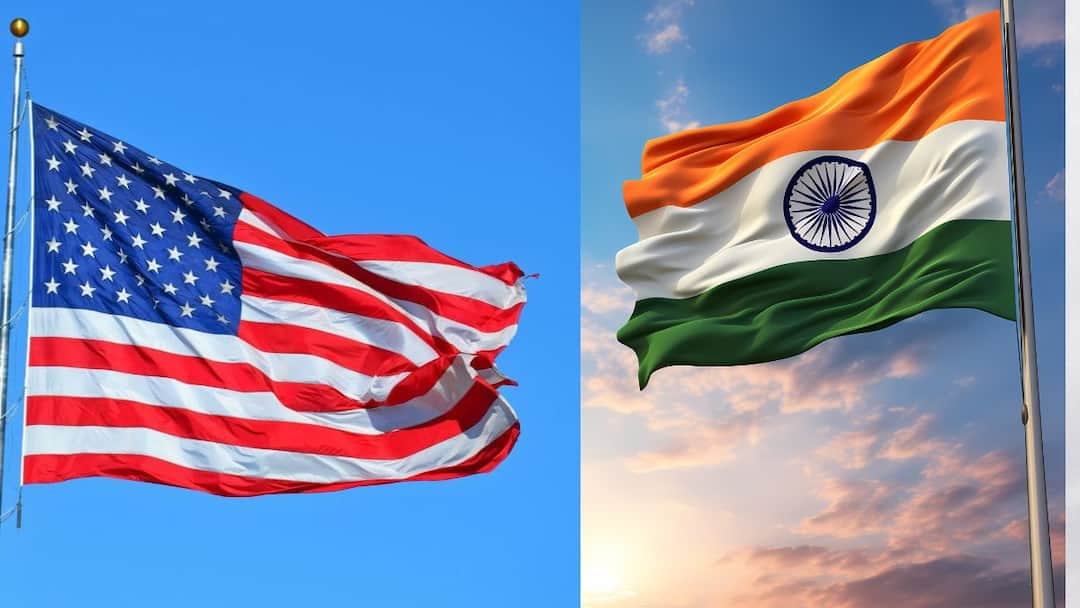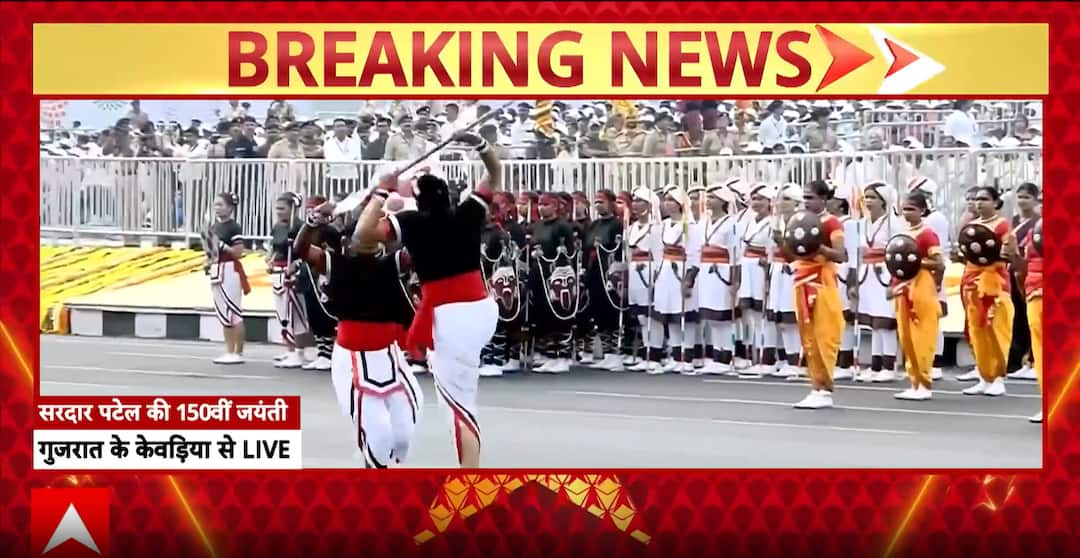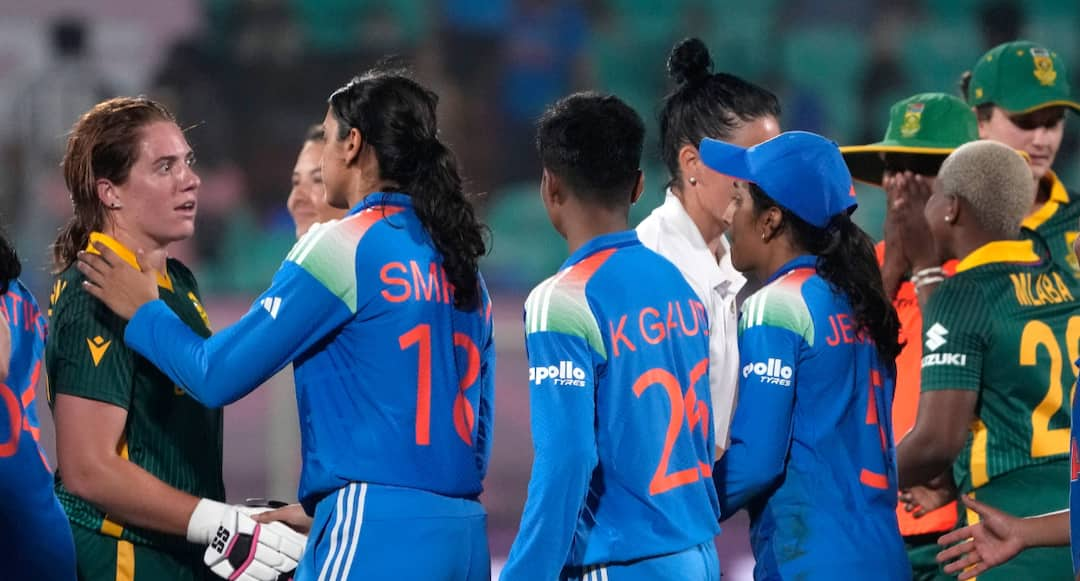The United States and India have signed a 10-year Defence Framework Agreement, marking one of the most significant expansions in bilateral military cooperation to date.
The deal was formally announced by US Secretary of War Pete Hegseth on Friday, who declared that defence relations between the two countries have “never been stronger”.
Hegseth, who met with Defence Minister Rajnath Singh to finalise the agreement, said the pact strengthens what he called a “cornerstone for regional stability and deterrence”, reported Hindustan Times.
Taking to X (formerly Twitter), the Secretary noted, “We’re enhancing our coordination, information sharing, and technology cooperation. Our defence ties have never been stronger.”
Expressing gratitude to his Indian counterpart, Hegseth added that the relationship between Washington and New Delhi remains one of the most consequential in the world. “Our strategic alignment is built on shared interests, mutual trust, and a commitment to a secure and prosperous Indo-Pacific region,” he said.
Describing the agreement as “ambitious,” Hegseth emphasised that it lays down a roadmap for “deeper and even more meaningful collaboration ahead,” reaffirming America’s long-term commitment to shared security.
The signing took place during the second edition of the ASEAN-India Defence Ministers’ Informal Meeting held on the sidelines of the ASEAN Defence Ministers’ Meeting-Plus (ADMM-Plus) in Kuala Lumpur, Malaysia. The gathering, scheduled for November 1, brought together regional leaders to discuss cooperative security and strategic partnerships in the Indo-Pacific.
Strengthening Regional Cooperation
Before his meeting with Hegseth, Rajnath Singh had announced his participation in the ASEAN events, stating that the informal meeting aimed “to further strengthen defence and security cooperation among ASEAN member states and India and advance the ‘Act East Policy’.” The policy has been central to India’s engagement strategy in Southeast Asia, emphasising connectivity, commerce, and defence alignment.
Singh’s meeting with Hegseth came just days after External Affairs Minister S Jaishankar met with US Secretary of State Marcon Rubio on the sidelines of the ASEAN East Asia Summit, also held in Kuala Lumpur. Jaishankar revealed that their discussions focused on deepening bilateral ties as well as assessing pressing regional and global developments.
Trade Tensions and Global Headwinds
These high-level engagements come at a sensitive time for the India-US relationship, with ongoing trade negotiations shadowed by Washington’s decision to double tariffs on New Delhi over its continued oil imports from Russia. The tariff increase, ordered by President Donald Trump, has strained economic relations even as strategic and defence cooperation accelerates.
During the East Asia Summit earlier this week, Jaishankar voiced concern over the growing constraints on global energy trade and access to markets. He also stressed that international cooperation must rest on principles of consistency and fairness. “Energy trade is increasingly constricted, with resulting market distortions. Principles are applied selectively and what is preached is not necessarily practiced,” Jaishankar said, in what appeared to be a veiled criticism of the US tariffs.
The minister further urged global powers to uphold a “zero tolerance” policy toward terrorism and to intensify efforts to resolve conflicts such as those in Gaza and Ukraine, which have disrupted food and energy security across the world.
India Cautions Against Rushed Trade Deals
Meanwhile, Union Commerce Minister Piyush Goyal reaffirmed that India would not rush into any trade agreement, nor accept conditions that compromise its autonomy. “India will not sign any trade deal in a hurry,” Goyal stated last week. “It’s not just about being able to sell steel to America,” he noted.
He confirmed that India and the US remain engaged in trade discussions, with working groups from both sides negotiating terms. “We continue to engage with them, and talks are progressing. We hope to work towards a fair and equitable agreement in the near future,” he said.



